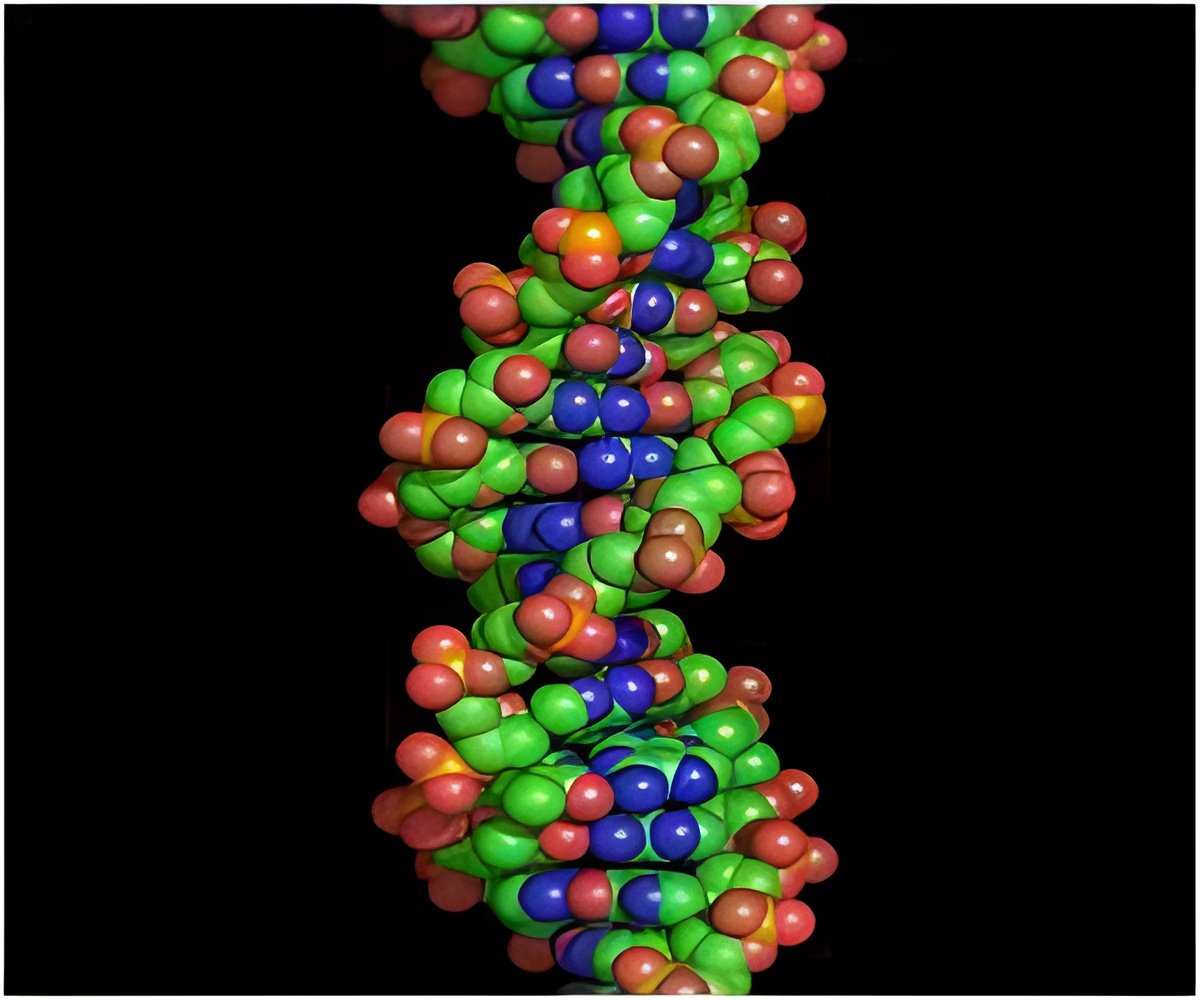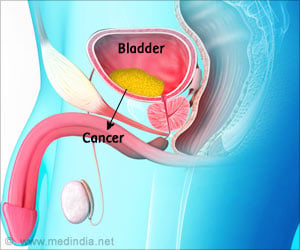Mice studies have shown that bacterial DNA can pass from parent to offspring in a manner that affects specific traits such as immunity and inflammation.
Mice studies by researchers at Washington University School of Medicine in St. Louis have shown that bacterial DNA can pass from parent to offspring in a manner that affects specific traits such as immunity and inflammation. According to the researchers, the discovery means scientists need to consider a significant new factor, the DNA of microbes passed from mother to child, in their efforts to understand how genes influence illness and health.
Co-senior author Herbert W. Virgin IV said, "We have kept bacteria on one side of a line separating the factors that shape our development- the environmental side of that line, not the genetic side. But our results show bacteria stepping over the line. This suggests we may need to substantially expand our thinking about their contributions, and perhaps the contributions of other microorganisms, to genetics and heredity."
Commensal bacteria, which means they do not cause harm and often confer benefits, influence traits such as weight and behavior. Researchers linked commensal bacteria in mice to the animals' susceptibility to a gut injury. It was seen that mice with certain inherited bacteria are susceptible to the injury, which is caused by exposure to a chemical, while others carrying different bacteria are less susceptible. Female mice passed the bacteria to their offspring, making them vulnerable to the injury.
The study is published in 'Nature'.
Source-Medindia













